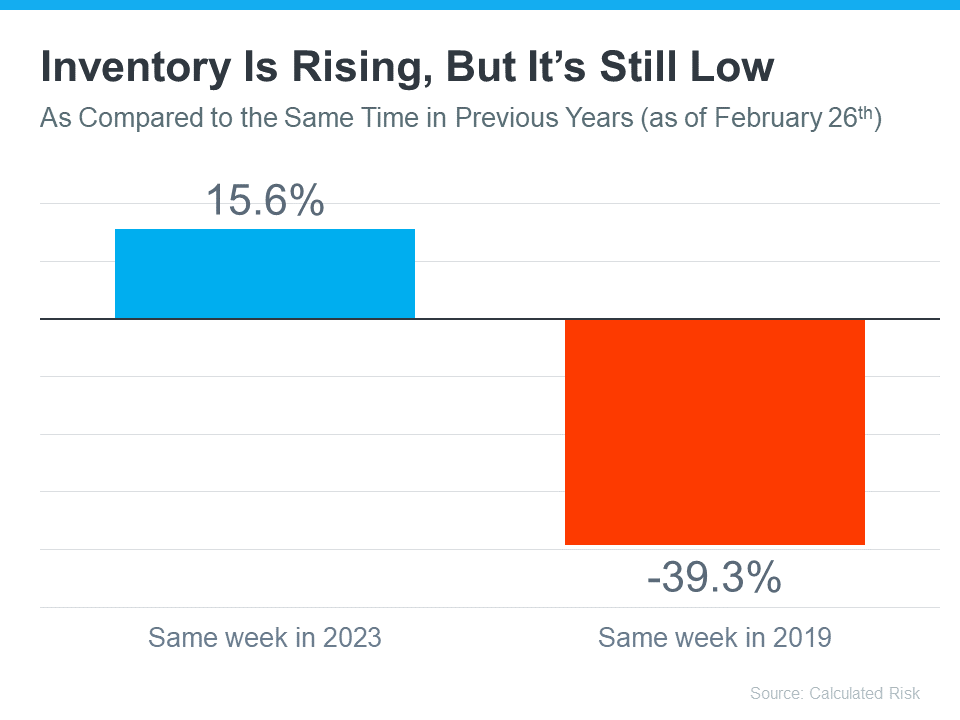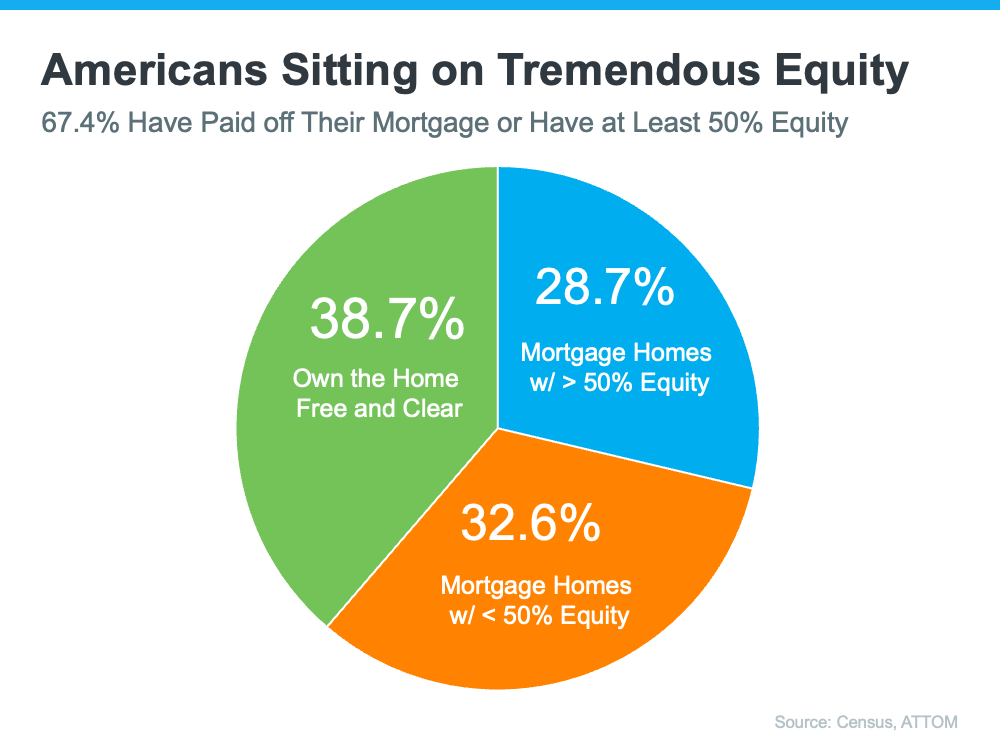After you finish signing at the closing of your new house, you’re handed the keys and the house is officially yours. But there some things you should do to make sure your transition from your old place to your new address goes as smoothly as possible.
Every area of the country is different, which can mean different protocols and rules to follow. Hopefully, your real estate agent can help you with a list of to do’s after your closing for that particular area. But no matter where you live, here are a few important things to do after you get possession of your house.
Check your home buying eligibility. Start here (Mar 29th, 2024)
Hire a pest control company
“If you are in an area such as southwest Florida and other warm climates, we have lots of ants, cockroaches and other bugs. The northern states have issues with mice,” says Terry Records, broker/owner of Records Results Real Estate in Cape Coral, Fla. “If you don’t spray your yard now, these bugs will visit you inside your house.”
Change your driver’s license
“I got in trouble with this one. I waited too long when I moved and got a ticket,” Records says.
Every state is different, but some states require a change of address on your license within 10 days of moving. If you are new to a state, you may have to take a written exam and possibly even a driving test.
Secure closing papers & other documents
If you haven’t done so already, get a safe deposit box at your bank or purchase a fireproof safe. Put all your closing papers inside it, along with your passport, birth certificate, Social Security card, and other official papers for safekeeping.
Check with your auto insurance
Insurance companies are picky about where you live, and prices do change from place to place. Records has moved to many states through the years including North Dakota, Minnesota, California and Florida. She was caught off-guard when Florida required that her car insurance be from a Florida company.
Check your mortgage rates. Start here (Mar 29th, 2024)
Contact government officials about homesteading
You can get a reduction in your assessed value by thousands of dollars – which gives you a discount on your property taxes – by just filling out a form saying you occupy the home you just bought. Some counties give other homestead exemptions like for senior citizens or returning veterans. “This doesn’t happen automatically,” Records says. “You have to tell them you live there. It all depends on your city or your county of what type of homestead credit is available.”
Clean the gutter
Who knows how long it’s been since the previous owners did this dirty chore. But if leaves and other gunk are blocking the flow of rain, you could have problems such as water leaking into the house if you don’t keep them free flowing.
Meet your neighbors & others in the community
This can be hard for some, but you really should get to know your neighbors by introducing yourself. Records says she has moved many times in her lifetime and has found that joining groups on Meetup.com helps you connect with other new residents in your area who have the same interests.
Check your home buying eligibility. Start here (Mar 29th, 2024)
Hire a fireplace expert
Whether it’s a wood-burning or gas fireplace, get a professional to check it out. With thumbs up from the expert, you can then enjoy cozy nights near the warmth of the fire.
Change furnace filters
It’s best if you make sure to replace the furnace and air conditioner filters every three months. There are lots of options out there when choosing air filters for different seasons. Choosing the right filter can not only save money by letting your furnace and air conditioner work more efficiently, but it also improves air quality, removes odors, and even prevents the growth of antimicrobial particulates.
Find the main water shutoff
You never know when you will need to shut off the water because of a broken water pipe. So, find the shutoff and test it to see if it works.
Change every lock
You never know who the former owners gave a house key to. A locksmith can rekey your locks if they are expensive ones, and some stores can also rekey certain brand-named locks, which can be done quite inexpensively.
You can also choose to get four-digit keyless locks. That can be a great option, especially with kids who lose their keys all the time anyways. Also, don’t forget to reset a garage door keypad from the outside of your garage. There are great instructions online on how to do it, or call a garage door company for assistance.
Cover the windows
The former owners might have taken all the curtains and blinds with them. So before your neighbors get to know you real well because they can see through your windows, purchase coverings to give yourself some privacy.
Then it’s time to relax and enjoy the home of your dreams.
Check your mortgage rates. Start here (Mar 29th, 2024)
Source: https://mymortgageinsider.com/things-you-need-to-do-after-closing-on-your-house/


 Facebook
Facebook
 X
X
 Pinterest
Pinterest
 Copy Link
Copy Link

















